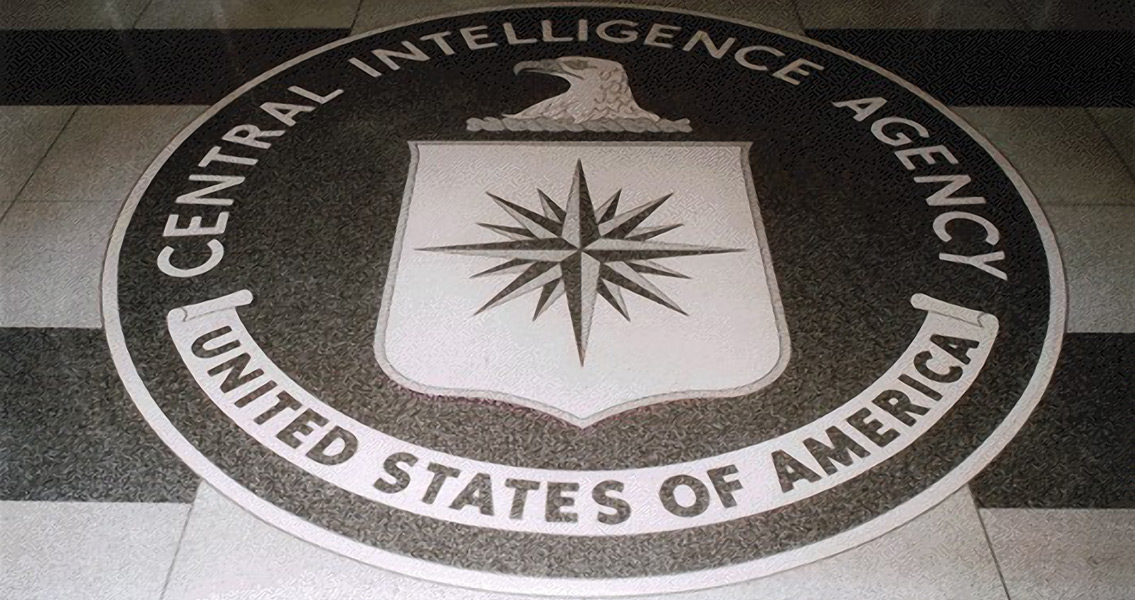<![CDATA[On the 27th January 1975 the US Senate created the 'Select Committee to Study Governmental Operations with respect to the Intelligence Agencies'. Known as the Church Committee in reference to its chair, Democrat Idaho Senator Frank Church, it held public hearings in order to investigate alleged abuses by the US intelligence agencies. The committee would go on to publish 14 reports concerning violations of the rights of US citizens by the FBI and CIA. The origins of the focus on the intelligence services came in 1973. The Senate investigation into the Watergate Scandal revealed that the White House had used the CIA and FBI to carry out 'domestic security operations' which made very liberal interpretation of what was constitutionally acceptable. A year later, the New York Times journalist Seymour Hersh published an expose revealing an ongoing CIA spy operation which was in violation of the organisation's charter. Hersh's December 22nd article created a storm, suggesting that the CIA was involved in spying on US citizens. Congress and the White House were forced to respond, to alleviate the growing crisis of confidence in government agencies that had been brewing since Vietnam and Watergate. President Gerald Ford fanned the flames of CIA conspiracy theories when he implied that the organisation could also have been behind plots to assassinate foreign leaders. President Ford established the Rockefeller Commission early in January 1975, in an attempt to anticipate a Congressional investigation. His move failed, and Congress created the Church Committee to launch a public investigation a few weeks later. Decades later, it is the results of the Church Committee that have become the most well known. The first report published by the Church Committee detailed CIA plots to assassinate foreign leaders, such as Fidel Castro, Salvador Allende and Patrice Lumumba. Of the leaders who were actually assassinated, the Committee absolved the CIA of directly causing the deaths. Nevertheless, using detailed interviews with CIA officers, the report laid out in great detail the operational details of the plots. Another report detailed the Committee's investigations into the FBI's COINTELPRO program. The COINTELPRO program had involved FBI agents infiltrating a variety of organisations, including the Black Panthers, anti-war groups and the Civil Right's movement. COINTELPRO had also targeted Martin Luther King Jr. - monitoring his phone calls and recording him with covert microphones. On 29th April 1976 the Church Committee published its final, concluding report. Over the course of fifteen months the Committee had interviewed some 800 witnesses and analysed over 110,000 documents. The final report surmised that the growing excesses of the intelligence agencies had developed over decades, and rather than being the result of any single administration or individual, were a consequence of a repeated failure to enforce the accountability required by the Constitution. Nevertheless, it reached the damming conclusion that "Intelligence agencies have undermined the constitutional rights of citizens". By the time of the Committee's conclusion however, popular support for its cause had started to dwindle. Throughout 1975, some celebrities, such as Bing Crosby, had been publicly criticising the Committee as a treasonous endeavour undermining national security. The key turning point came on Christmas Day 1975, when CIA operative Richard Welch was assassinated outside his home by masked terrorists. A Washington Post obituary celebrated Welch as a hero, and implied that the investigations into the CIA may have led to his murder. For the remaining months of the inquiry Senator Church was inundated with letters calling for the Committee to be called off. Of course, the alleged abuses and excesses of intelligence agencies remain topical issues, with a host of recent events bringing into question exactly what these organisations have the right to do. On the fortieth anniversary of the founding of the Church Committee, it is clear that the debate over the right compromise between concern for civil liberties and protecting national security remains a significant one.]]>
Forty Years Since the Start of The Church Committee
